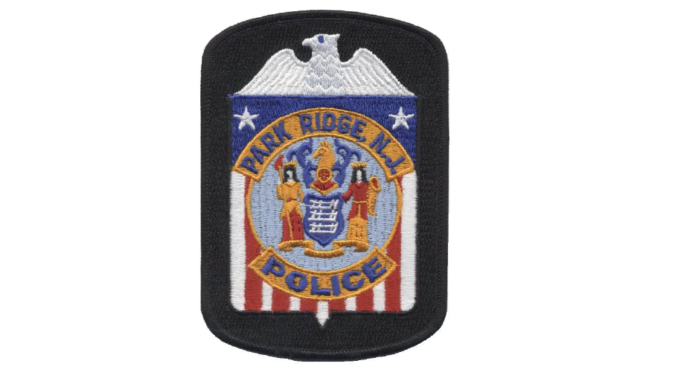
PARK RIDGE, N.J.—A resident, 68, reported to headquarters on Feb. 15 to say she was the victim of fraud.
Some time after buying a new computer from Staples in town and having all her old files transferred over, she was surprised when a large red alert popped up on her screen asserting that “Microsoft” had detected a virus, effectively blocking her browser. The popup advised her to call a certain “helpline.”
She called, and spoke with a party named “Sam” who had her use her credit card to pay him for a “virus scan.” She then allowed him remote access to her computer files, which she saw him scanning thoroughly.
“Sam,” noting her banking apps, directed her to sign in to her Wells Fargo bank account so he could investigate “fraud.” When she did so, he logged sensitive information.
Meanwhile, a Staples technician her husband was working with on the problem advised the couple not to provide “Sam” any information—and to turn off the computer.
They complied with this excellent advice. A short time later the couple received an alert from Wells Fargo saying that someone was fraudulently trying to access her account. The bank said a “Mahendra Zasireddy” from overseas had attempted to withdraw funds through the Zelle banking app.
The victim closed her bank card account. She is not out any money. Filing a report per the bank’s recommendation, she accepted officers’ advice to flag all her accounts through the credit reporting bureaus. Police also gave her fraud and scam prevention literature from the lobby. A detective was notified.
The couple later told police they started over with a new computer, which is running proper antivirus/anti-malware software.
Note, Microsoft’s error and warning messages never include a phone number. Microsoft does not send unsolicited email messages or make unsolicited phone calls to request personal or financial information or fix your computer. Treat all unsolicited phone calls or pop-ups with skepticism. Do not provide any personal information.
